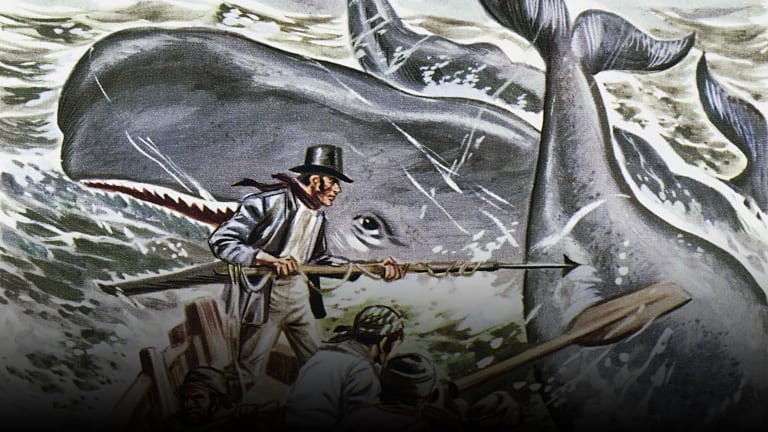
FAQ About Moby Dick

How does "Moby-Dick" reflect the cultural and historical context of the time it was written?
"Moby-Dick" was written in the mid-19th century, a time when the whaling industry was at its height and when ideas about human ambition and the relationship between humans and nature were rapidly changing. The novel reflects this cultural and historical context in several ways.
First, the novel reflects the importance of the whaling industry to the economy of the United States at the time. Whaling was a major source of income and a key industry in coastal communities, and the novel provides a vivid portrayal of the dangerous and difficult work involved in hunting and processing whales.
Second, the novel reflects the growing awareness of the destructive impact of human activity on the natural world. The novel portrays the exploitation of nature for profit as a dangerous and destructive force that ultimately leads to tragedy.
Finally, the novel reflects the cultural and intellectual trends of the time, including the rise of Romanticism and the transcendentalist movement, which emphasized the importance of intuition, individualism, and the relationship between humanity and the natural world. "Moby-Dick" can be seen as a work that both reflects and challenges these cultural and intellectual trends, exploring themes of transcendence, individualism, and the mysteries of the natural world in a complex and multifaceted way.
